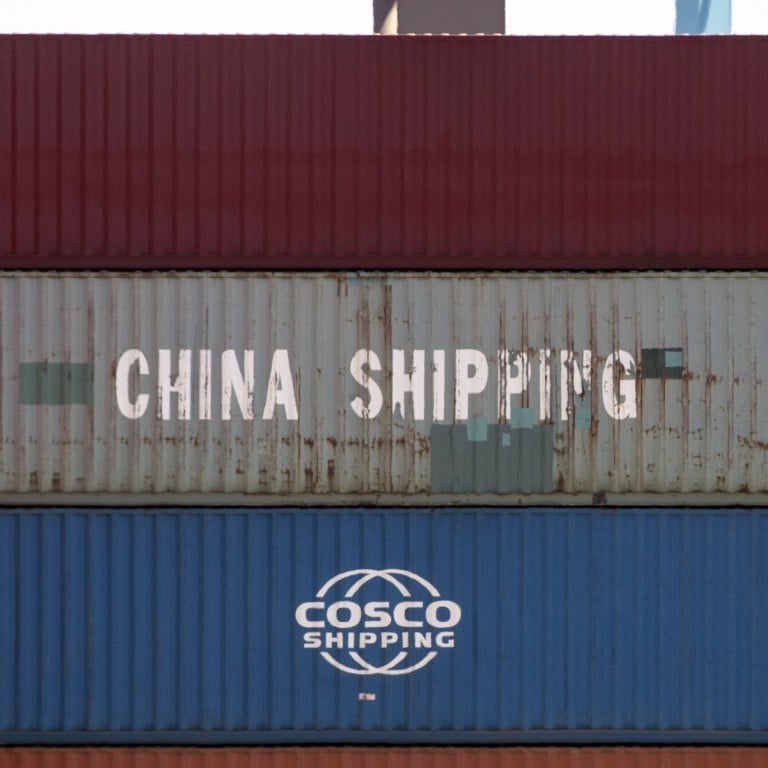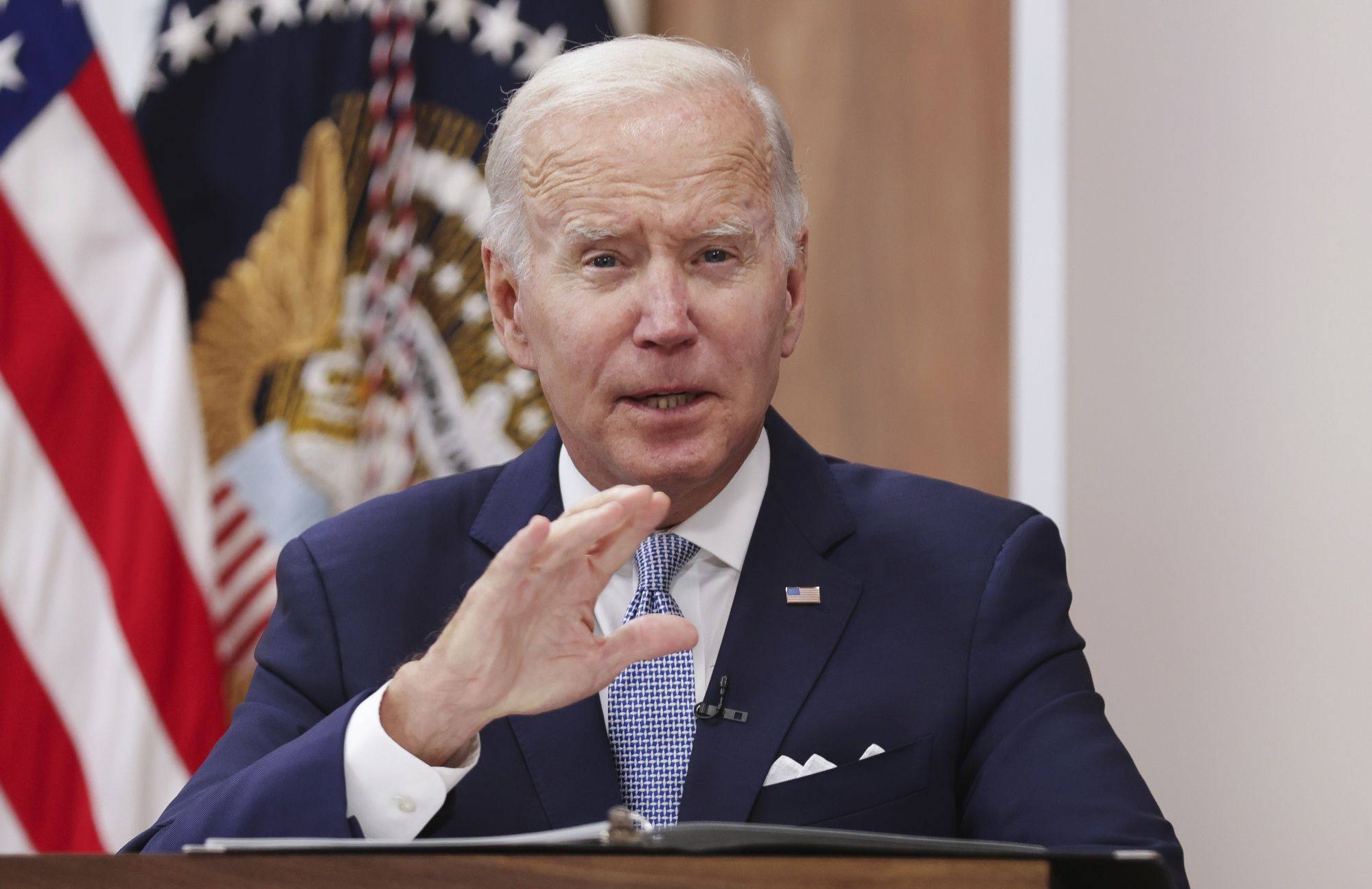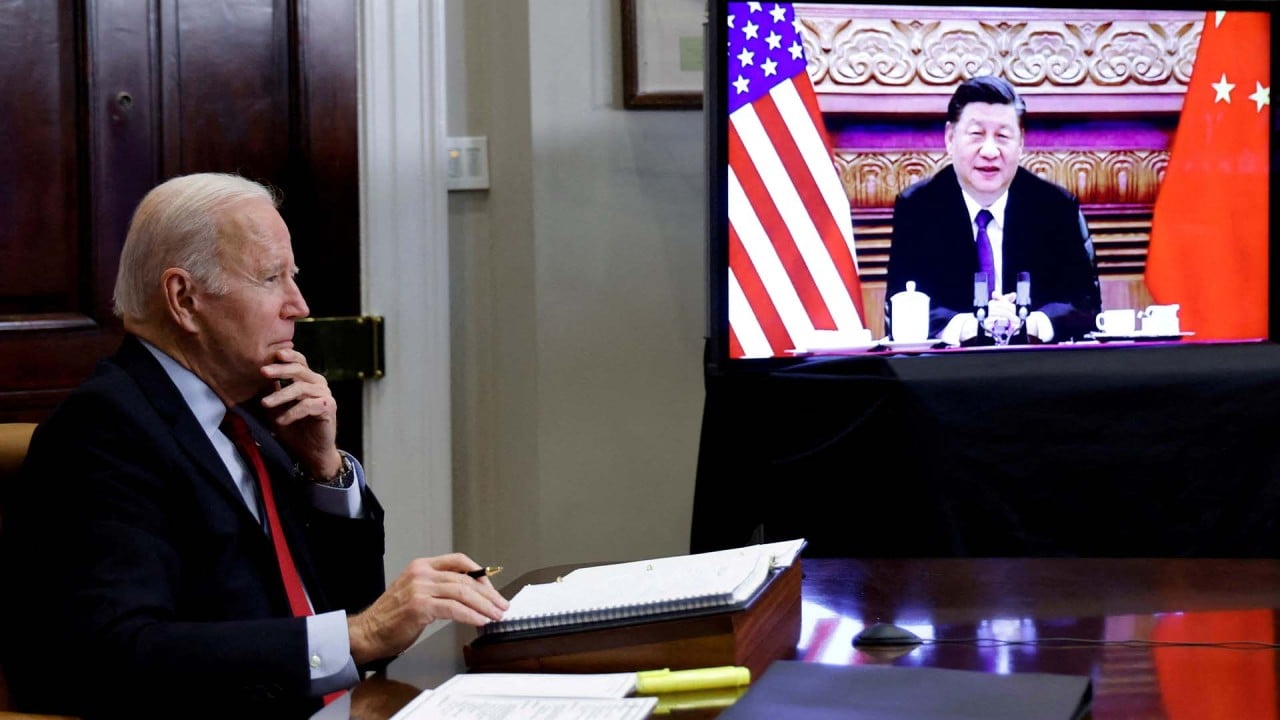
Biden still hasn’t lifted tariffs on Chinese goods – what is taking so long?
- Biden promised to review the trade war with China at the start of his presidency, but 18 months on and with inflation surging, he has yet to make a decision
- Some in Biden’s camp want China to commit to buying more US goods before lifting the tariffs but, in the meantime, they are hurting American consumers
During the 2020 presidential election, Biden stated that, if elected, he would scrap the tariffs on Chinese imports because manufacturing had gone into a recession, the agriculture sector had lost billions of dollars that taxpayers had to compensate, and the unilateral approach of levying tariffs on China had not worked.

Biden’s arguments for ending these tariffs were logically sound in 2020, but he has not acted on them since becoming president in January 2021. What has changed? Nothing. In fact, many events have added weight to his arguments.
Such renewed attention on the trade war raised expectations that Biden would seize the opportunity to dial back tariffs during his talk with Xi last week. But it did not happen. Why?
To date, the Biden administration has not been able identify ways to extract strategic value from China by leveraging these tariffs. At the same time, keeping them is hurting American consumers and the economy.
If one examines the trade-off, scrapping some tariffs for basic goods such as toys and clothes to immediately relieve inflationary pressures is a no-brainer. It would give Biden more time to develop a better strategy for negotiating with China.
Biden has acknowledged that any damage done to the economy cannot be fixed soon enough. Yet, he has had more than 18 months to mull over his pledge to scrap tariffs on Chinese imports, and has fixed little.
Decisiveness is an essential quality for all leaders. Indecisiveness can be a sign of weakness, and a weak leader can put everyone at risk, including himself.
Christopher S. Tang is a distinguished professor at the UCLA Anderson School of Management


